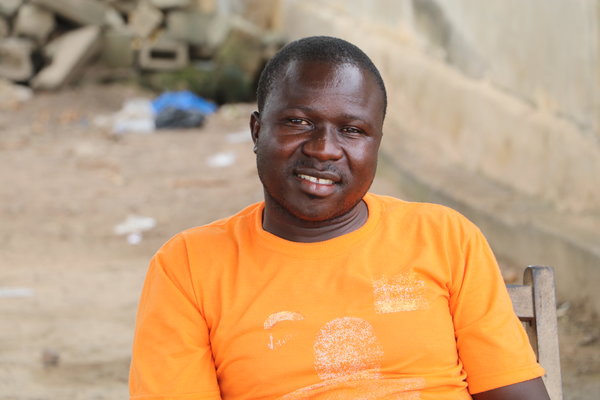
Program Keeps Men with HIV in Treatment
New CCP-led research suggests that a program devoted to encouraging men to be tested for HIV successfully pivoted to include support for men who test positive and ushering them into treatment.

New CCP-led research suggests that a program devoted to encouraging men to be tested for HIV successfully pivoted to include support for men who test positive and ushering them into treatment.
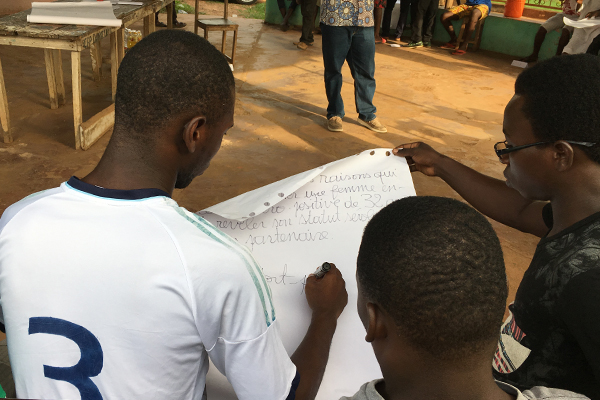
An evaluation of CCP’s Brothers for Life program in Cote d’Ivoire finds that it was successful in getting at-risk men tested for HIV and, if diagnosed with the virus, treated with antiretroviral therapy.
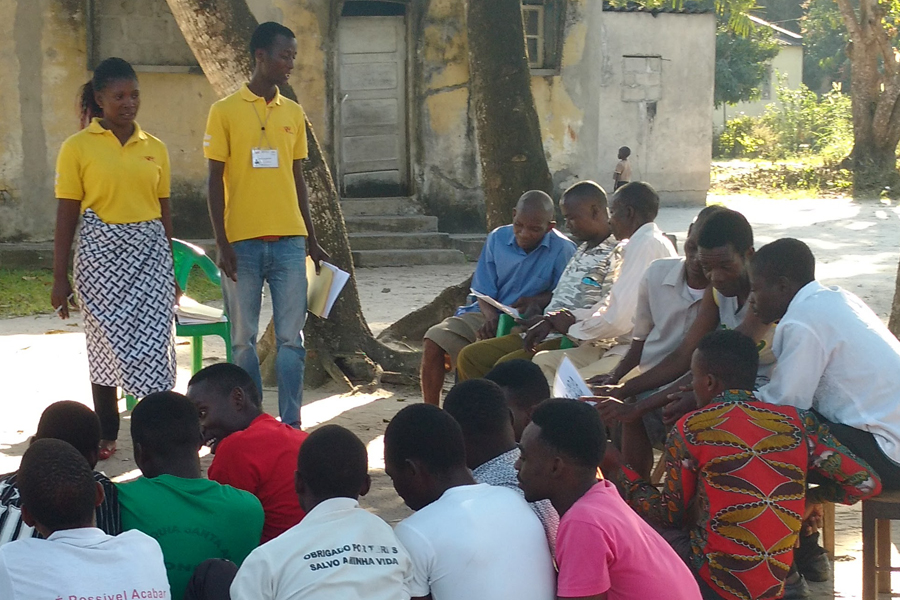
“Ending stigma and discrimination is essential to halting the spread of HIV,” says CCP’s Beth Mallalieu. The successful program was used in Mozambique.
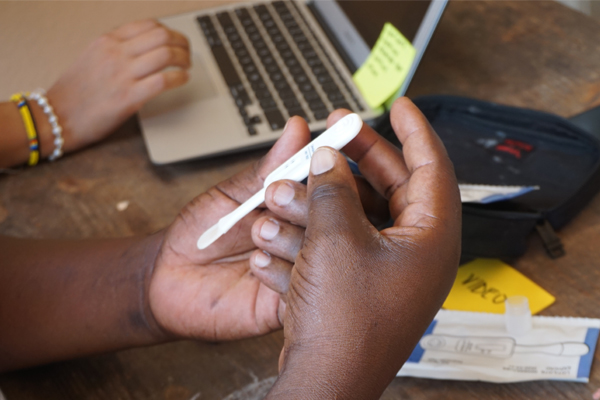
“Many men are not going into the health centers. Somehow you need to bring the test to them,” says CCP’s Danielle Naugle. “We need to make it as easy as possible for them to be tested.”

Men in Cote d’Ivoire aren’t being tested for HIV because they are afraid of what the impact of a positive result would be on not only their health, but their family, work, social status and sexuality. But being tested is the only way to get treated — and reduce the risk of the spread of the virus.

Across Africa, women are more likely to be tested and treated for HIV and are more likely to stay on treatment than men. Men tend to avoid testing and when they do access care, it is often at a later stage of infection. We see
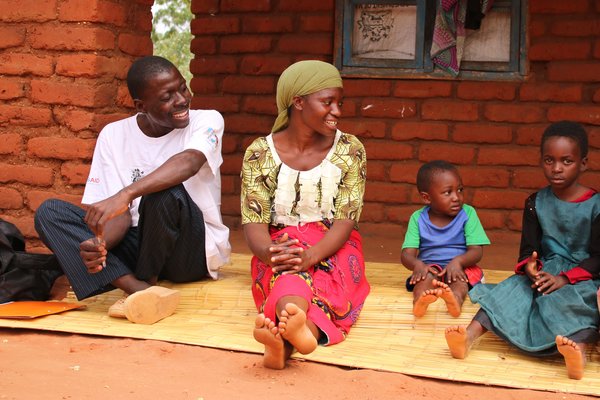
Felix Chipoya had no background in health before he linked up with One Community, a comprehensive USAID-funded initiative to prevent, test for and link people to treatment HIV in Malawi. “Before our work, very few people were getting tested, some because of long distances to
Receive the latest news and updates, tools, events and job postings in your inbox every month